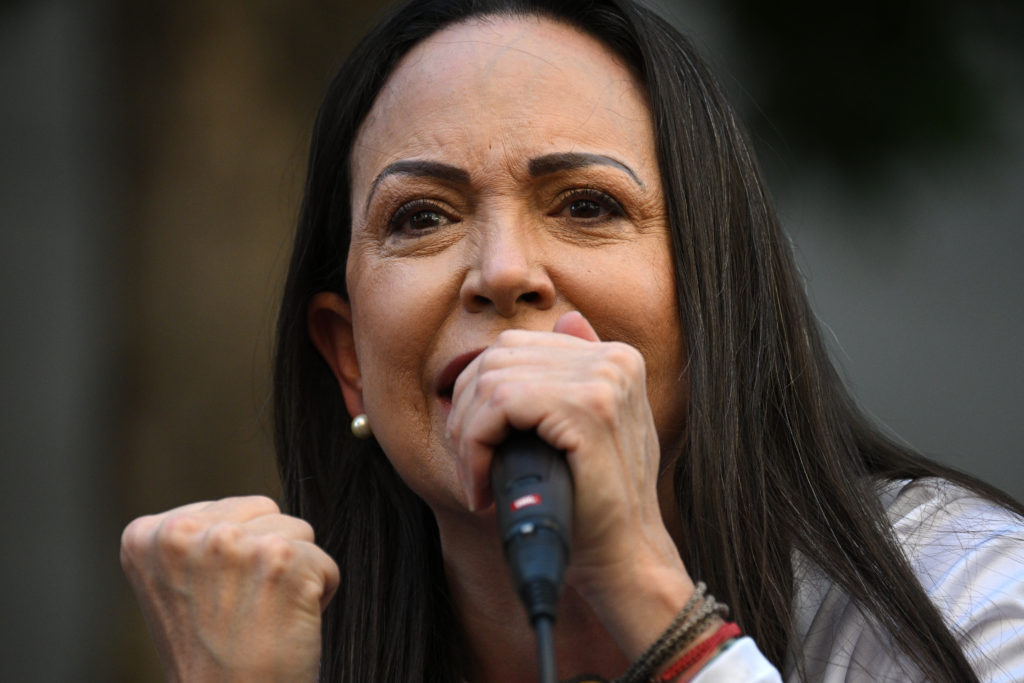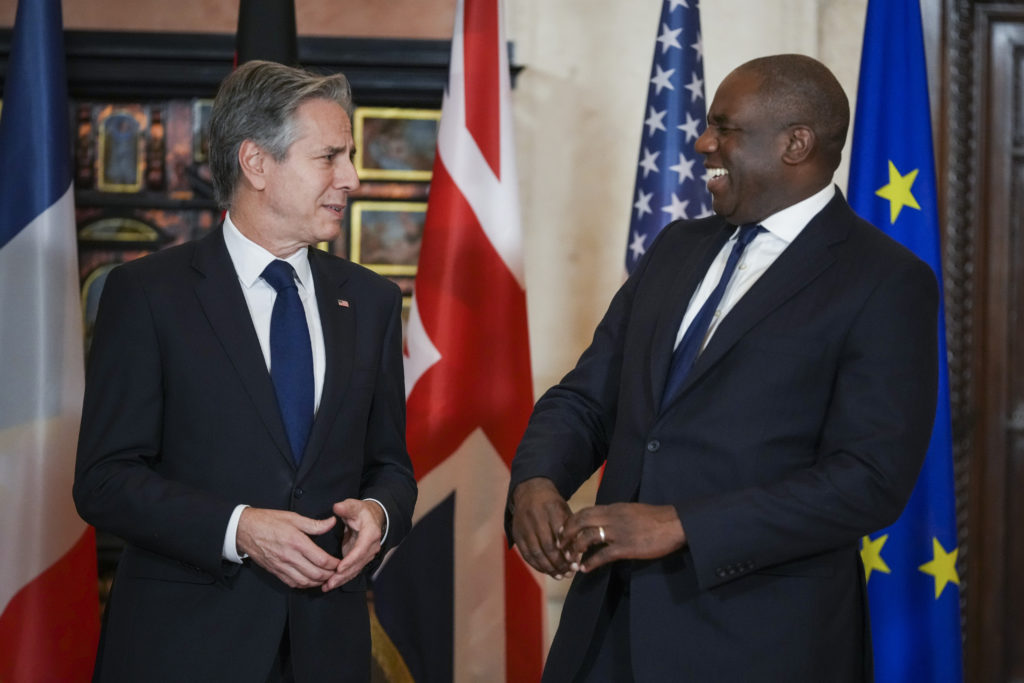Prime Minister Boris Johnson on Tuesday urged foreign investors to buy into post-Brexit Britain as he seeks to power future prosperity on renewable energy and green technology.
His government also outlined more detailed plans to reach net-zero carbon emissions by 2050, including a drive towards electric vehicles.
The moves are part of a £90 billion ($125 billion, 107-billion-euro) plan that ministers say will support 440,000 jobs by 2030.
Johnson is keen to burnish his green credentials before hosting world leaders at the UN’s COP26 climate summit in Glasgow next month.
He also wants to boost investment to grow the British economy as it grapples with the fallout from the coronavirus pandemic and Brexit, which have combined to strain the logistics sector, labour market and other areas.
Climate experts gave only a cautious welcome, and campaigners said the moves did not go far enough.
Johnson kicked off a Global Investment Summit in London by announcing a £400 million partnership with the Bill Gates Foundation to invest in “the next generation of ground-breaking clean energy technologies”.
The tie-up, which will see both sides stump up £200 million, follows Spanish renewable energy giant Iberdrola announcing plans to invest £6 billion to create Britain’s biggest offshore wind development.
In his sales pitch, Johnson promised government backing for private investment in sustainable projects, saying Britain was now “moving in an exciting new direction with a green, industrial revolution, with new regulatory freedoms”.
– ‘Corporate greenwashing’ –
The investment summit, however, was attacked for “corporate greenwashing”.
Social activism group Global Justice Now noted four banks invited have invested a combined $173 billion in fossil fuels in recent years.
It also condemned the involvement of British energy giant Drax Group, which the NGO said released more emissions than Ghana in 2019.
“Our government is once again running cover for some of the biggest corporate climate villains in the world,” Daniel Willis, of Global Justice Now, said.
Campaigners also criticised the government’s “net zero strategy” to reach carbon neutrality by mid-century, for lacking ambition and adequate funding.
As well as boosting the production of electric vehicles, it offers homeowners in England and Wales subsidies of £5,000 from next year as part of a £450 million scheme to help them replace old gas boilers with low-carbon heat pumps.
Writing in The Sun newspaper, Johnson sought to reassure homeowners they would not be compelled to rip out their existing boilers.
“While we’re going to have to make some pretty major changes to the way we heat our homes, the Greenshirts of the Boiler Police are not going to kick in your door with their sandal-clad feet and seize, at carrot-point, your trusty old combi (boiler),” he said.
Experts noted the government had scrapped a prior scheme to improve homes’ insulation, which is key for the pumps to work effectively, and that the grants will fund just 90,000 of the devices.
Activists from the campaign group Insulate Britain have sought to highlight that issue by blocking motorways and main roads in recent weeks.
Rebecca Newsom, Greenpeace UK’s head of politics, said the government “can’t just keep dining out on its ‘ambitious targets'”.
“Until the policy and funding gaps are closed, Boris Johnson’s plea to other countries to deliver on their promises at the global climate conference next month will be easy to ignore,” she added.
– Scaling up –
The Gates Foundation tie-up — run through the Microsoft co-founder’s Breakthrough Energy Catalyst arm — will focus on four key green technology areas.
They include green hydrogen, long-term energy storage, sustainable aviation fuels and so-called direct air capture, which takes carbon dioxide out of the atmosphere.
Appearing with Johnson, Bill Gates said the joint investment would begin next year, and he hoped that at least one of the four areas would be “ready to scale” within five years and the remainder within a decade.
Iberdrola’s wind project is one of 18 deals worth a total of £9.7 billion and creating a potential 30,000-plus jobs formally announced at the investment summit.
Iberdrola and the UK government said the project off the east coast of England — which still requires planning consent — would supply enough energy to power 2.7 million homes and create 7,000 jobs.









